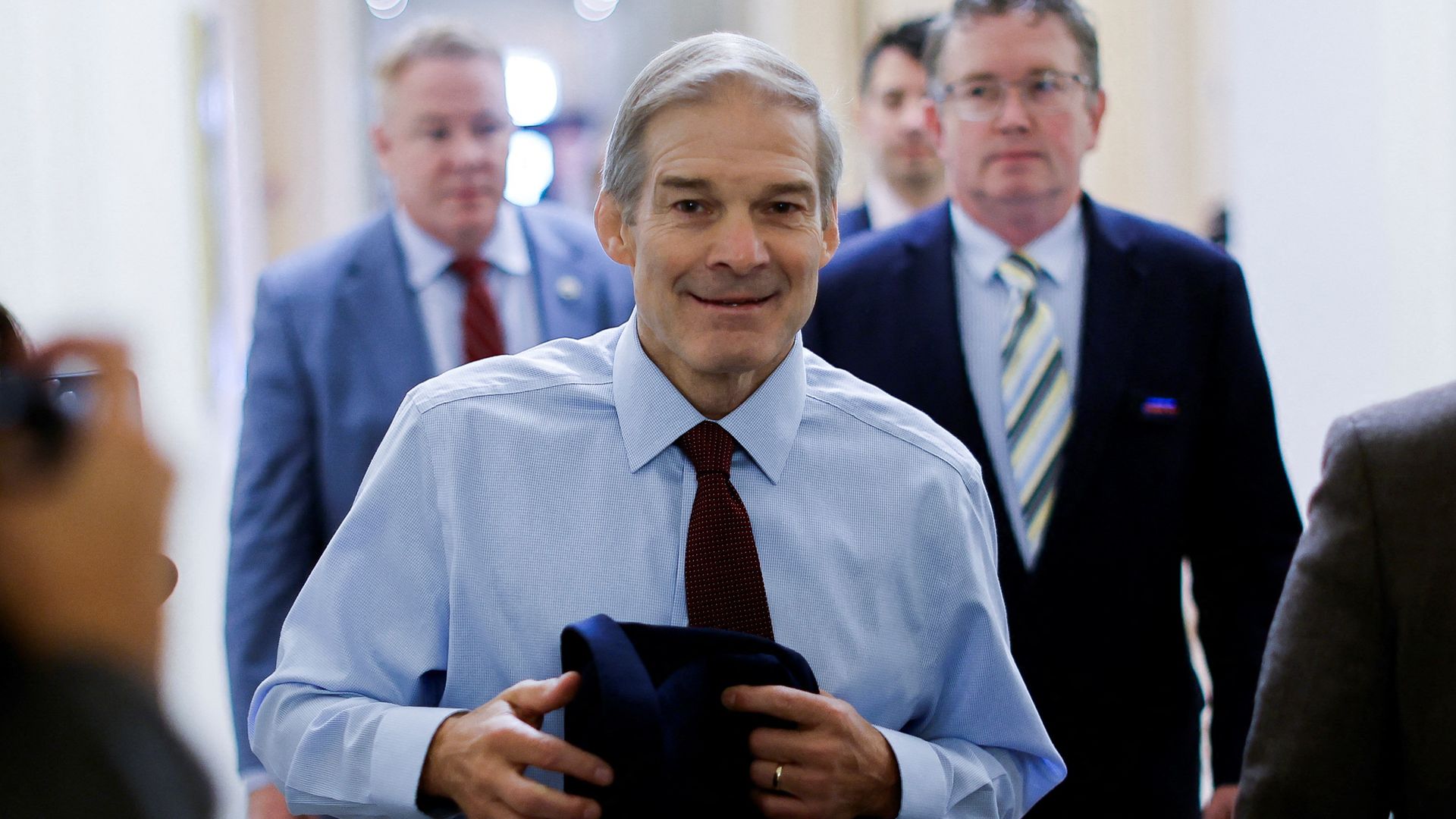
Jim Jordan subpoenas HHS for info on unaccompanied migrant children
Media Landscape
See how news outlets across the political spectrum are covering this story. Learn more[RAY BOGAN]
House Judiciary Committee Chairman Jim Jordan subpoenaed Health and Human Services Secretary Xavier Becerra for information regarding unaccompanied migrant children or UAC’s.
In the unpublished subpoena, the Committee is demanding documents that will reveal how HHS and the Office of Refugee Resettlement protect children from potentially dangerous adults, and how they handle children that may be a danger to themselves or others.
The subpoena was obtained and reviewed by Straight Arrow News and requires the following to be turned over:
- Serious incident reports regarding sexual assault, violence, drug use or suspected gang activity at federally funded facilities. That includes incidents between a federal contractor and a child or federal employee and a child.
- Documents that reveal how many sponsor applicants provided false information in an application.
- The number of times a DNA test was used to verify familial relationship between a child and their sponsor
- The number of sponsor applications that were denied based on a past criminal conviction, and the number of applications that were approved despite a criminal conviction including sex related offenses or sex offender status.
- Documents that reveal if HHS has been able to communicate with the children’s parents or the child after they were paired with a sponsor.
- Information on whether the Office of Refugee Resettlement has a policy to refer known gang members to the Justice Department
- A list of secure facilities where ORR is holding UACs who pose a danger to themselves or who have been charged with a crime and the number of people in those facilities
The deadline is Tuesday, February 20.
In an accompanying letter to Becerra, Jordan wrote:
“Since June 2023 we have asked HHS for data and information about HHS policies relating to UAC placement, sponsor vetting, and criminal- and gang-affiliated UACs. The response, to date, has been woefully inadequate.”
The committee received a response on September 29 but described it as generalized answers that only touched on a small fraction of the requests. Jordan said the information could be used to make legislative reforms – including enhancing the level of scrutiny applied in vetting UACs and potential sponsors, and requiring minimum standards relating to the referral of known gang members.









